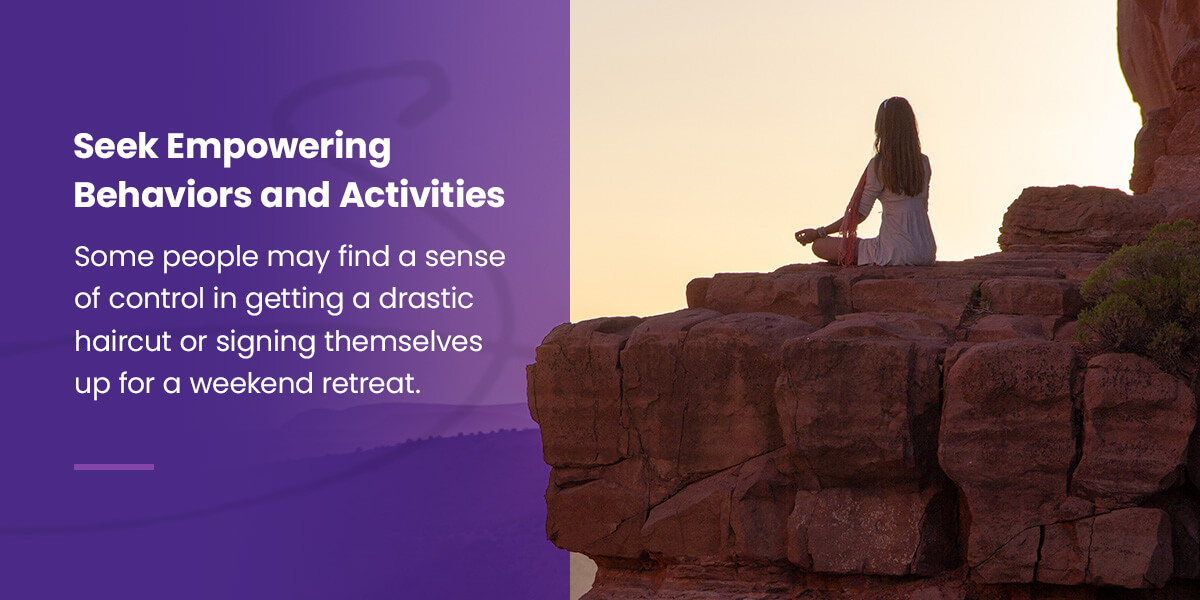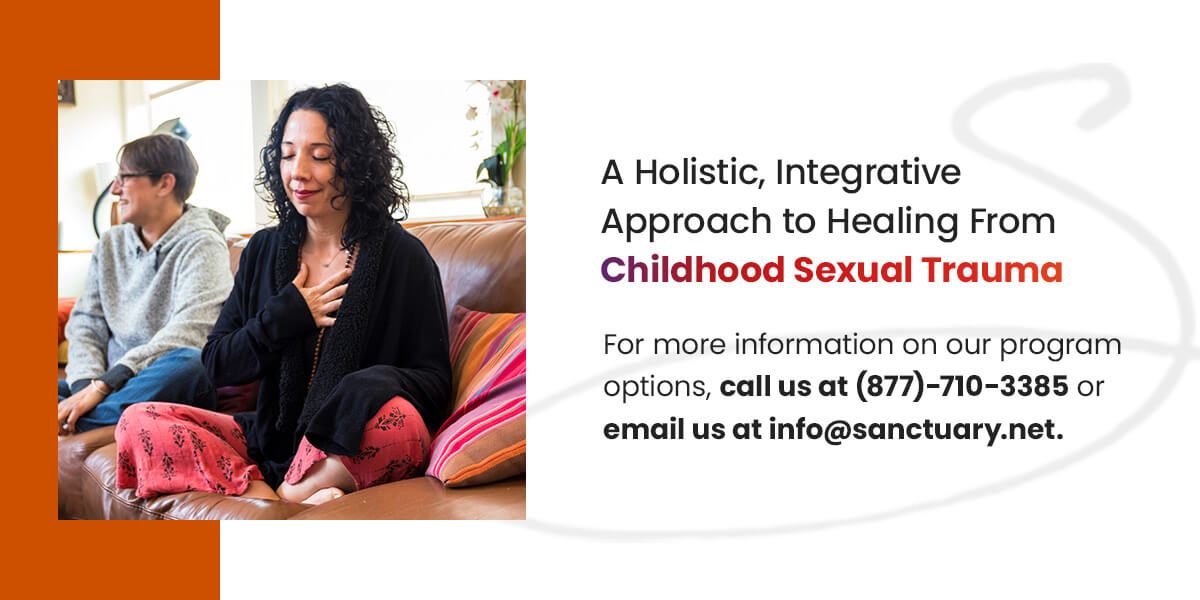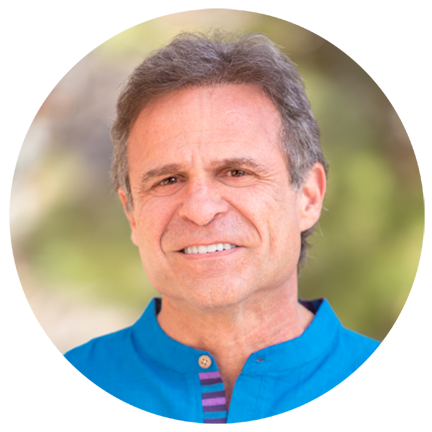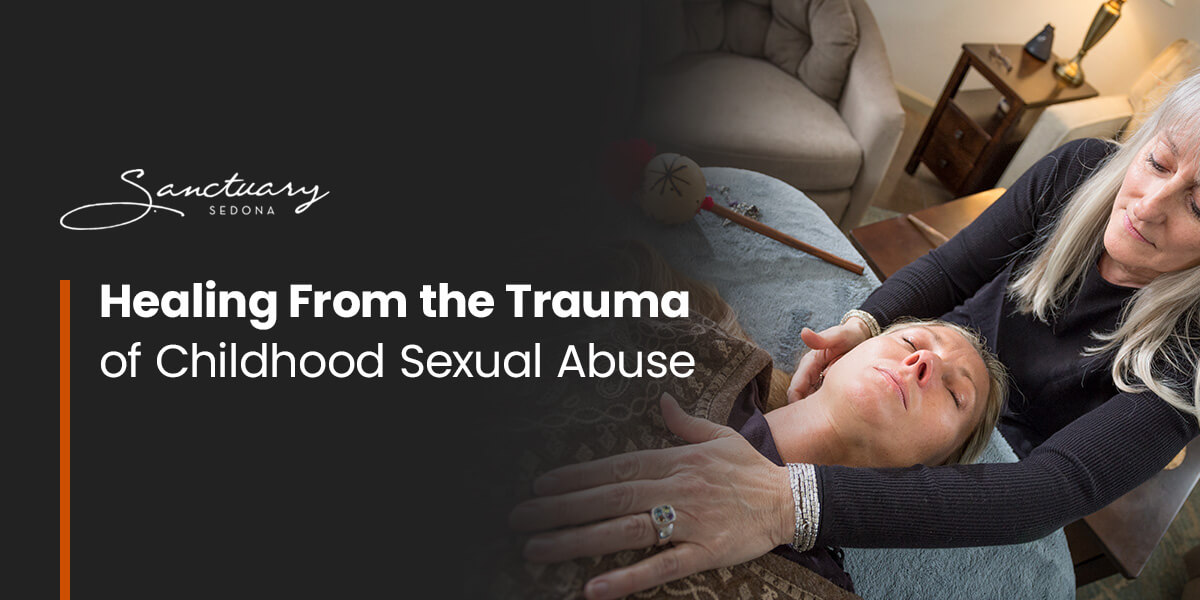Sexual abuse is, sadly, far more common than you might realize. It’s estimated that about 1 in 4 girls and 1 in 13 boys in the U.S. have been sexually abused as a child. When children are molested, they don’t know how to speak up about it, reach out or get the help they need. Until it’s resolved, that trauma can have far-reaching effects they carry with them throughout the rest of their lives — resulting in PTSD, intimacy disorders, mental illnesses and addiction.
If you’ve been a victim of childhood sexual abuse, know that you’re not destined to live a life of victimhood and pain. You have the power to change that narrative. Let’s take a look at some effects of this type of trauma and what can be done to heal from it.
Effects of Childhood Sexual Abuse
At some point, we all internalize adverse childhood experiences, which then show up in our lives in ways that are sometimes even beyond our own ability to understand. Here are some of the ways childhood sexual abuse can affect our adult lives:
1. Intimacy Disorders
Being sexually molested early in life causes us to form ideas and behaviors around sex and relationships that might be harmful to us or inhibit our ability to have healthy, loving sex and partnerships. Children who are sexually abused may become hyper-sexualized. They may have problems with poor self-image and promiscuity later on, or they may want to avoid things that are sexual or physical in nature at all costs. This can make it hard for them to relate to people in healthy ways. Trauma can also lead to physical difficulty with intimacy, such as pain with sex.
2. Post-Traumatic Stress Disorder (PTSD)
Children who have experienced significant trauma have a high chance of developing PTSD, which causes them to believe that the world is an unsafe place for them to be. People with PTSD may have nightmares and be scared of the dark or afraid to go to sleep. Some may have flashbacks or unwillingly replay traumatic scenes in their head over and over. Others might harm themselves or have suicidal thoughts.
3. Substance Use Disorder, Dependency and Addiction
Many people with PTSD turn to substances like drugs and alcohol to dull the extreme anguish they constantly feel. However, this is a short-lived solution that can very quickly spiral out of control and lead to deeply entrenched substance abuse, now known as substance misuse or substance use disorder (SUD).
In fact, individuals with PTSD are 14 times more likely to develop an addiction to substances compared to those without PTSD. Additionally, simply having a PTSD diagnosis, among other factors, can increase a person’s risk for substance use disorder.
Unfortunately, drugs and alcohol only serve to complicate PTSD, making its symptoms even worse.
4. Depression and Anxiety
Individuals who experience sexual abuse have an elevated risk of depression and anxiety disorders in adulthood. Sexual abuse, in particular, has been shown to have a lasting negative impact on the psychological function of the individual, potentially leading them to develop feelings of helplessness, sadness, anger and fear. Those who experience childhood sexual abuse have a higher association with severe, recurrent depression and treatment resistance.
Traumatic abuse in children can also impact their cortisol levels throughout their lives. Lower cortisol levels are associated with various health problems, including anxiety and depression. Additionally, studies show that child abuse directly affects children’s emotional regulation, which can cause them to internalize problems and develop mental health disorders.
Approaches for Healing From Childhood Sexual Abuse
No matter how old you are, it’s possible to recover from childhood sexual abuse. Taking small steps can help put you on the road to healing your trauma and give you the space to process your emotions. Here are some motivational ways to start on your journey.
1. Seek Empowering Behaviors and Activities
Every victim of childhood sexual abuse may have different needs. Some individuals find it helpful to gain back a sense of control over their own lives by trying new things or engaging in activities that make them feel empowered. For example, you might decide to do something you’ve never done before, like go skydiving or sing in front of a crowd.

Some people may find a sense of control in getting a drastic haircut or signing themselves up for a weekend retreat. Even something as simple as repeating daily affirmations can help you feel more connected to yourself. Remember, empowerment looks different to everyone, so consider what minor or significant changes can help you live life to the fullest.
2. Share Your Story
Building a support network can transform the way you deal with your childhood trauma. Many individuals may find that talking with others who have similar experiences makes them feel understood. In some cases, victims may not feel comfortable discussing their abuse with those around them for fear of judgment or shame. If this is the case for you, joining a support group of other survivors of sexual abuse may help you find community.
In a support or therapy group, you’ll never be forced to share anything that you don’t want to. Some individuals may find it comforting just to listen and observe. Hearing the stories of other survivors can also make you feel less alone and encourage you to open up about your own story.
3. Ask for Help
It’s not always easy, but sometimes you need to reach out and seek help for the abuse you endured. Recovering from child sexual abuse can be a painful road, but working with compassionate, dedicated professionals can make you feel safe and comfortable enough to work through your trauma. At a sexual abuse treatment center, your therapist and other behavioral health professionals will support you through your journey every step of the way.
Whether you need to release painful emotions, manage your symptoms or seek healthy coping strategies, sexual trauma therapy cultivates a judgement-free environment for you to find healing.
A Holistic, Integrative Approach to Healing From Childhood Sexual Trauma
Trauma deeply affects your physical, emotional, and spiritual health. It changes your view of the world, causing you to believe your future is dark and the world is a threatening place. Treating it requires special attention to be paid to multiple aspects of yourself — from your brain chemistry to your biochemical functioning, to your spiritual needs and desires, to your physical well-being.
Through The Sanctuary’s integrated sexual abuse treatment program, you can learn to release your destructive patterns, calm your mind so you can listen to your soul’s message and find the sense of inner peace you’ve been longing for. Our experienced team of doctors, psychiatrists, psychologists, energy therapists and alternative wellness practitioners are ready to help you discover how happy, whole and alive you can be — all you have to do is take the first step.
For more information on our program options, call us at (877)-710-3385 or email us at [email protected].
He is the Founder, Administrator, Counselor at the Sanctuary at Sedona. He has a BA in Political Science and is currently Senior teaching staff at Four Winds Society, an international school of energy medicine. His credentials also include being an Ordained Minister; a Certified Shamanic Breathwork® Facilitator; a Founding Member Society for Shamanic Practitioners; a Member of Association for Comprehensive Energy Psychology; a Member of the National Institute for Holistic Addiction Studies. [email protected]


